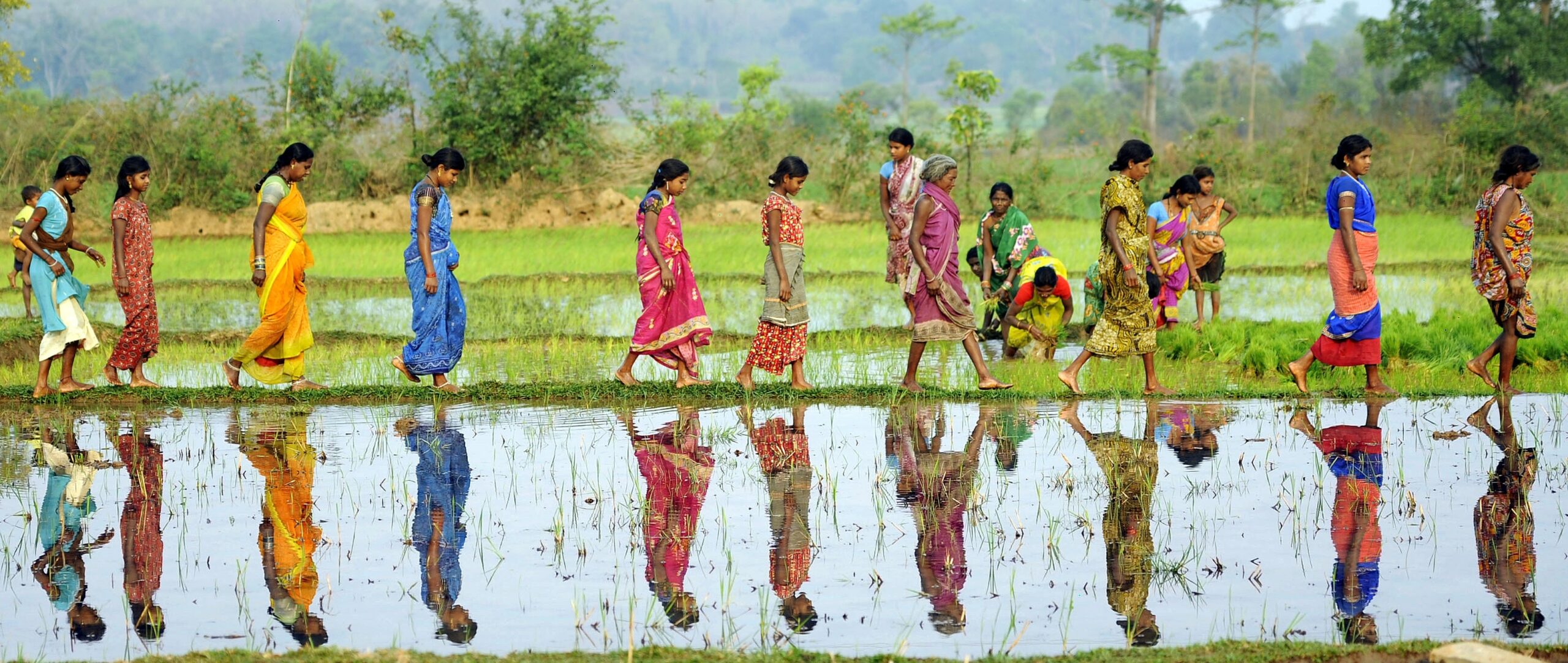The United Nations Economic and Social Commission for Asia and the Pacific (ESCAP) called for strengthening multilateralism and regional integration to tackle rising inequalities in the region.
UN Under-Secretary-General and Executive Secretary of ESCAP Dr. Shamshad Akhtar underscored that anti-globalisation and protectionism are increasing global uncertainty. “With the gap between rich and poor widening, the erosion of potential productivity and growing threats from climate change – our region is grappling with considerable challenges,” she said.
Against this backdrop, she noted that the Commission was optimistic about the future. “Collectively we have an opportunity to shape policies to reduce inequality, exploit frontier technologies and strengthen multilateralism for the benefit of all citizens across Asia and the Pacific. That is an opportunity, which together, we should seize.”
With support from its countries, ESCAP is taking steps to advance more balanced, equitable growth in Asia and the Pacific by advocating for the strengthening of social protection systems, enhancing financial inclusion, raising education spending, reducing vulnerability to environmental hazards, and closing the ICT digital divide.
UN Secretary-General Mr. António Guterres said, “The Asia-Pacific region is an engine of global growth, trade and investment and the creation of jobs all over the world but profound transformation underway driven by technological innovation and the challenge is to ensure that this transformation is for the better.”
The 74th session of the Commission is being held under the theme ‘Inequality in the era of the 2030 Agenda for Sustainable Development.’ The CS74 theme study assessed the region’s inequality trends and policy gaps across the three types of inequalities: outcome, opportunity and impact.
It finds that inequality of opportunity is persisting, despite average progress in accessing basic services. The report shows that had income inequality not increased in 10 countries in the region over the past decade, the Asia-Pacific region could have lifted close to 153 million people out of poverty. It also reveals which groups are left behind, or are disproportionately impacted by external shocks, such as natural disasters, and estimates how new technologies might further impact inequality trends in the region.
President of Kiribati H.E Mr. Taneti Maamau added, “The path to achieving the 2030 Agenda is long and complex, but one that we all have a duty to give to, through our efforts and commitments both individually and collectively so that together as a family we can translate the 2030 Agenda into action, supported by partnerships and innovative policy solutions that will ‘leave no one behind.’”
Thank you for reading the story until the very end. We appreciate the time you have given us. In addition, your thoughts and inputs will genuinely make a difference to us. Please do drop in a line and help us do better.
Regards,
The CSR Journal Team


